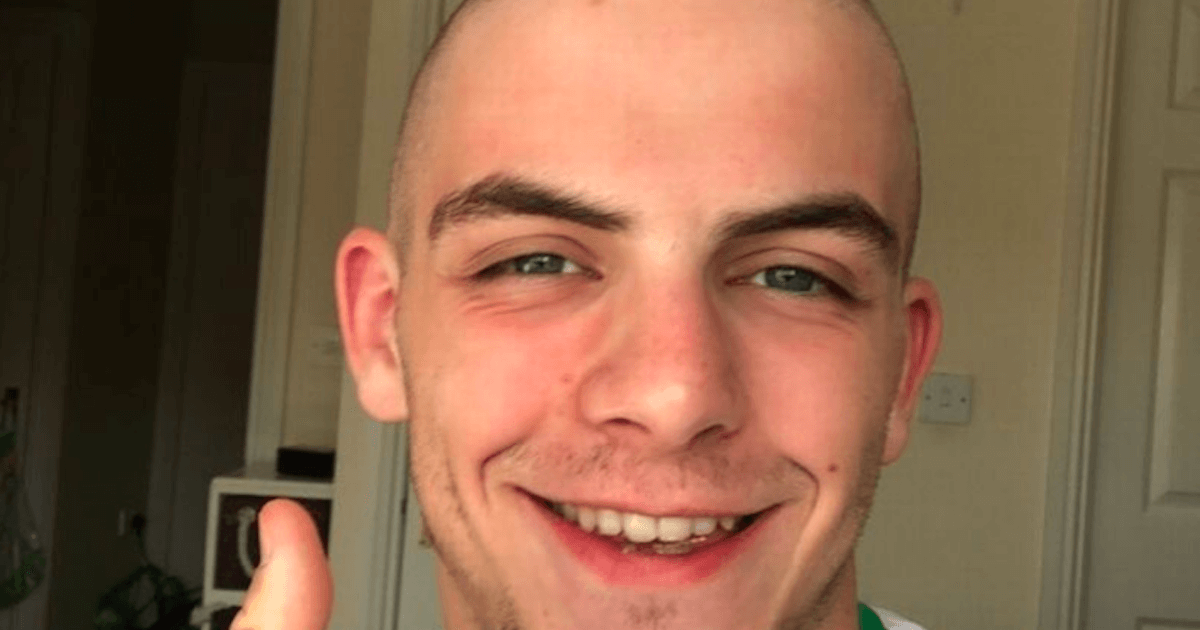For 17-year-old Fraser Shaw, what started as an innocent complaint about leg pain led to a shocking rare bone cancer diagnosis called Ewing Sarcoma.
While visiting his local hospital, Shaw pleaded with the medical team to relieve severe pain he was experiencing in his hamstrings, and after blood tests, doctors diagnosed Shaw with Ewing Sarcoma a rare type of cancer that affects the bones and surrounding tissue. Once receiving the diagnosis, Shaw immediately underwent chemotherapy treatments, and according to Daily Record, he is finishing his second course of chemo at the moment and have 12 more to complete.
Read MoreTreatment Options For Bone Cancer
In many cases of Ewing Sarcoma, patients will undergo rounds of chemotherapy, radiation, or surgery for treatment. However, in extremely special cases there may be considerations of stem cell/bone marrow transplants under specific regulations. According to Cancer.net, bone marrow and stem cell transplants have been used in bone cancer cases but only during clinical trials. In order to evaluate whether choosing this experimental treatment is a possibility, it’s important patients talk to their doctors about whether they qualify or if it’s the best option. Additionally, doctors will examine whether the patient is a suitable candidate, by factoring in the type of tumor, results of any previous treatment, and the patient’s age and general health.
The decision to get a stem cell transplant is one of the areas where some people have a particularly challenging time. However, people who have a stem cell transplant (also called a bone marrow transplant) earlier in their treatment course usually stay in remission longer. However, the preparation period takes longer and patients will need to find an appropriate donor.
"The ideal donor for an allogeneic stem cell transplant is someone who has more or less let's call it identical genes to you," says Dr. Caitlin Costello, a board-certified hematologist at UC San Diego Health. "Because one of the greatest risks of a transplant is rejection."
Dr. Caitlin Costello explains how to find the right donor for a stem cell transplant
The ideal donor is typically a mother or father, because in 75% of cases siblings are not a perfect match. If no immediate family members are eligible, then there are ways to find an unrelated donor that will fit.
Learn more about SurvivorNet's rigorous medical review process.


